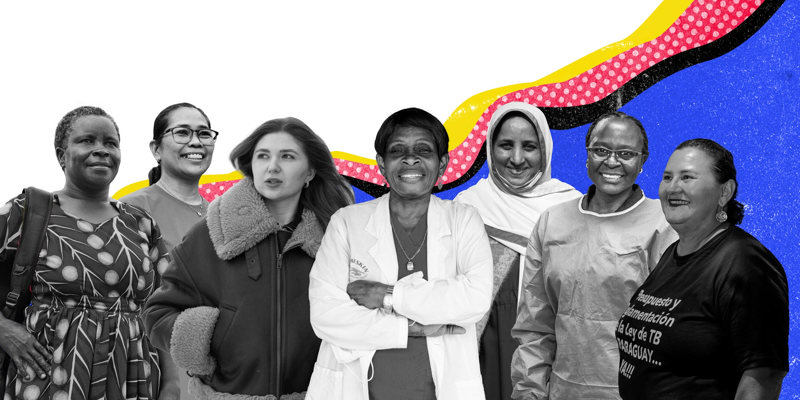Global Fund Board Approves US$846 Million in New Grants
03 November 2006
Grant Portfolio Now US$6.6 Billion in 136 Countries
Guatemala City - The Board of The Global Fund to Fight AIDS, Tuberculosis and Malaria today approved a sixth round of 85 new grants to fight the three diseases totaling $846 million.
These new commitments expand the Global Fund's portfolio to $6.6 billion through more than 460 grants in 136 countries. A total of 62 countries will benefit from the newly approved funding, including Guatemala, which hosted the Board Meeting this week and has demonstrated strong performance in implementing earlier grants from the Global Fund. Four countries will receive Global Fund financing for the first time.
Over a five year period, the new grants will support the provision of life-extending antiretroviral (ARV) treatment to 200,000 people with AIDS, the effective treatment of nearly 400,000 people infected with TB, and the distribution of 11.5 million insecticide-treated bed nets to prevent malaria, among many other important interventions. In addition, significant new investments will be made in the treatment of the growing epidemic of drug-resistant tuberculosis (TB), with roughly 8,500 patients expected to be treated over five years – a major increase over current global treatment levels.
"This is a great development for the Global Fund and the world's fight against AIDS, TB and malaria. These grants will provide vital additional assistance to countries and communities around the world," said Dr Carol Jacobs, Chair of the Global Fund's Board. "Guatemala and many other countries around the world have made remarkable progress in driving back these diseases and we are proud to be able to further support their work."
Nearly half of the new funding is committed to Africa, with the remaining amount distributed among other regions experiencing large or rapidly growing burdens of the diseases, including Asia, Eastern Europe, and Latin American and the Caribbean. Just over half of the grants will go to fight HIV/AIDS, while the other half is evenly divided between tuberculosis and malaria. The majority of funds (60%) will flow to low income nations.
"Millions of people around the world have been reached with life-saving services through Global Fund financing. These additional commitments will build on that progress and enable us to reach many more of those still in need," said Professor Richard Feachem, Executive Director of the Global Fund. "We are grateful to the Global Fund's many generous donors who made the approval of these new grants possible."
The Board approved this round of grants on the basis of increased financing pledges from governments around the world. In addition, the new international drug purchase facility, UNITAID, an initiative launched earlier this year by Brazil, Chile, France, Norway, and the United Kingdom, made a significant contribution, enabling the financing of additional grants.
To date, Global Fund-financed programs have provided ARV treatment to over 600,000 people with AIDS, treated 1.4 million people with TB, and distributed 11.3 million insecticide-treated bed nets to prevent malaria.







